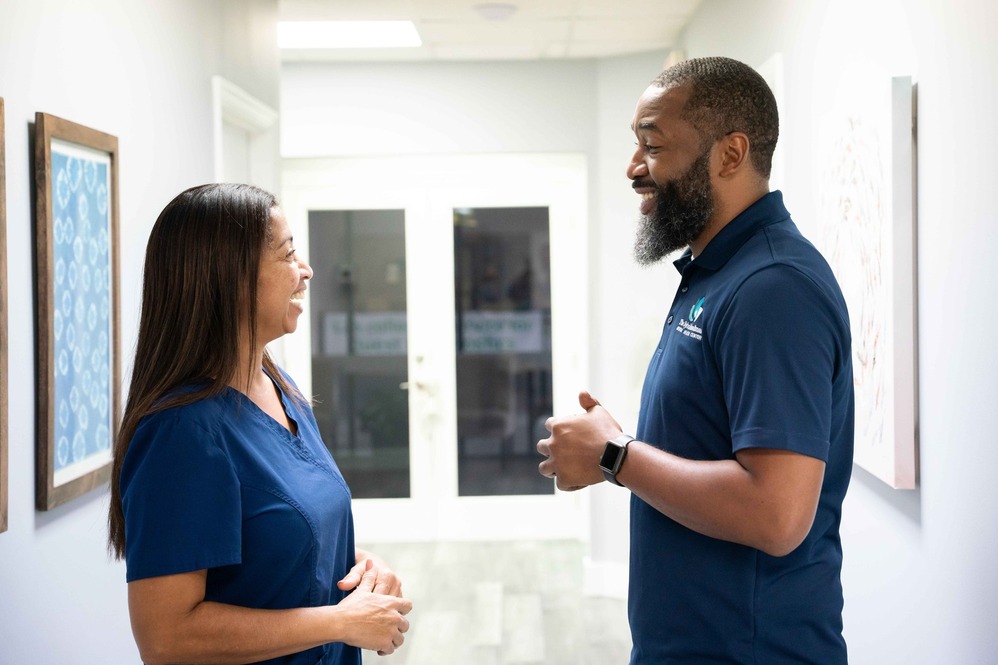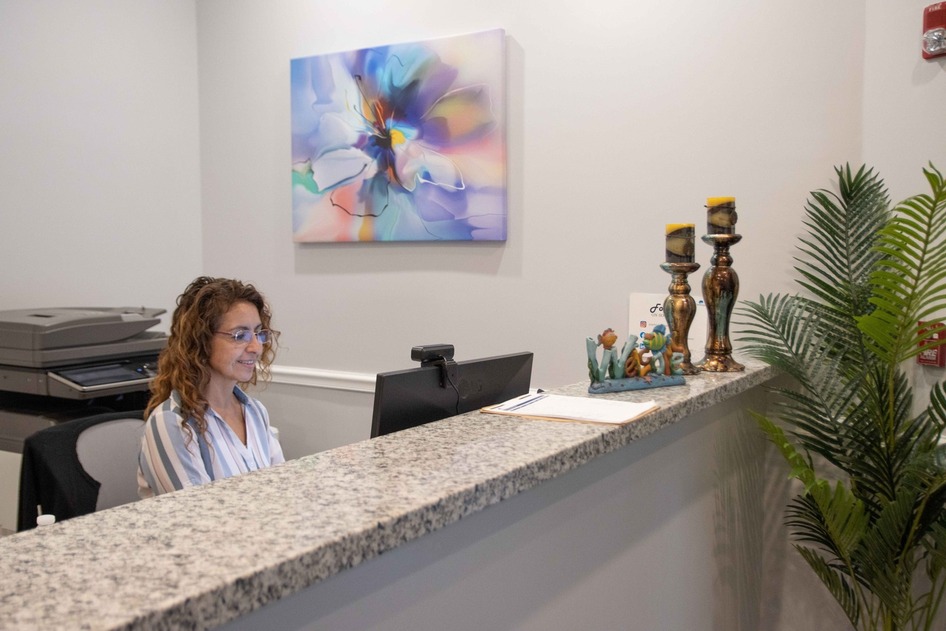If you’re looking for counseling support, consider The Sylvia Brafman Mental Health Treatment Center. We help adults from all over the country learn to manage a range of mental health conditions with the help of licensed therapists. Read on to learn more about how to pay for counseling without insurance in Georgia, and contact us if you have any questions.

How to Pay For Mental Health Counseling Without Health Insurance in Georgia
Can You Go to a Georgia Mental Health Counseling Program Without Private Health Insurance?
Yes, you can attend emotional wellness therapy and counseling without health insurance. Regardless of what mental health issues you are struggling with, there are affordable forms of support available to ensure that you receive the aid you need and deserve.
If you are anxious about how to pay for counseling in Georgia without health insurance, know that there are alternative ways to ease the financial burden. Some of these include grants for addiction treatment, government assistance for rehab, and scholarships for rehab programs. Your mental health is important, and you should not be blocked from receiving the treatment you deserve because of your financial situation.

Therapies Provided by Mental Health Counselors in Georgia
Many different forms of therapy are utilized in mental health counseling. The specific modality that is used will depend on your needs, goals, and the counselor you choose. Below are just a small number of the types of therapy available at mental health treatment centers in Georgia.

Private Mental Health Counseling Facility Near Georgia That Offers Payment Options
If you are researching how to get into counseling in Georgia, consider us at The Sylvia Brafman Mental Health Center. Headquartered in Florida at 7710 NW 71st Ct, Tamarac, FL 33321, our behavioral health programs are renowned for helping individuals overcome their mental health issues and find peace and emotional well-being.
Wondering how to pay for counseling in Georgia? We offer rehab payment plans to ensure that you get the care you deserve without having to fret about finances. Call us at 877-958-9212, or take advantage of our free assessment.

Ways to Pay for Mental Health Counseling Without Private Health Insurance Coverage in Georgia
If you are mulling over how to pay for counseling without insurance in Georgia, know that there are many options to obtain alternative financing for rehab. Affordable addiction and mental health recovery are not out of reach. Read on to discover how to get help paying for counseling near Atlanta, Georgia.

At The Sylvia Brafman Mental Health Treatment Center in Fort Lauderdale, Florida, our team of dedicated professionals is ready to guide you. We offer IOP and a variety of counseling treatment programs, each uniquely designed to meet your needs. We’re also able to offer accommodation at affordable rates if you’re traveling from out of state. So don’t wait—reach out to us today! Either give us a call or fill out the form below to request a callback.
"*" indicates required fields

How Much Does Mental Health Counseling Cost Without Health Insurance Coverage?
You may be asking yourself the big question: how much does counseling cost in Georgia without insurance? Well, the answer is it depends. If you are looking for individual sessions, you can pay $50-$250. More intensive outpatient programs will cost more, and residential treatments can cost over $20,000 per month.
Since the structure of the program will determine cost, it is important to decide what your needs are, emotionally and financially. If you are unsure, give us a call at 877-958-9212, and we can help you determine what program might be the best fit for you.
How Much Does Mental Health Counseling Cost With Health Insurance Assistance?
If you have insurance, the cost of your counseling will vary based on the details of your policy and the program structure that you choose. Without insurance, individual sessions cost $50-$250, but with coverage, it will be less. Some insurance companies even cover the full cost of online mental health support or video therapy sessions.
You’ll need to consider other forms of psychiatric support. Final expenses all depend on your individual needs and what your insurance plan offers. To understand the details of your policy, you can reach out directly to your insurance company. Alternatively, we can help you verify your insurance while providing a more accurate estimate of your mental health counseling costs in Georgia.
How Much Does a Mental Health Counselor Cost Without Health Insurance Coverage?
Without insurance coverage, individual counseling sessions can range from $50 to $250, which you are responsible for paying in full. Ultimately, the cost will be determined by your counselor’s fees, your location, the type of program structure, and the duration of your treatment.
It is important to know that even if you don’t have insurance, there are still ways to receive financial aid for substance abuse and mental health rehab. When searching for a provider, ask if they offer payment plans or sliding scale fees.
How Much Does a Mental Health Counselor Cost With Insurance Support?
With insurance, a single therapy session will typically only require you to pay a small copay that averages between $20 and $80 a session. Some insurance plans fully cover virtual counseling sessions. Ultimately, the final cost you will be responsible for will depend on the details of your policy.
To learn more about insurance or how to get help paying for counseling in Georgia, call us today at 877-958-9212.
How To Pay for a Mental Health Counselor
Considering seeking mental health or substance use counseling but don’t know where to start? We’ve got you covered. Seeking counseling can be daunting, but taking the initial step can have lasting impacts on your happiness and quality of life. If you are nervous about what comes next, read our guide on how to get into counseling in Georgia.




